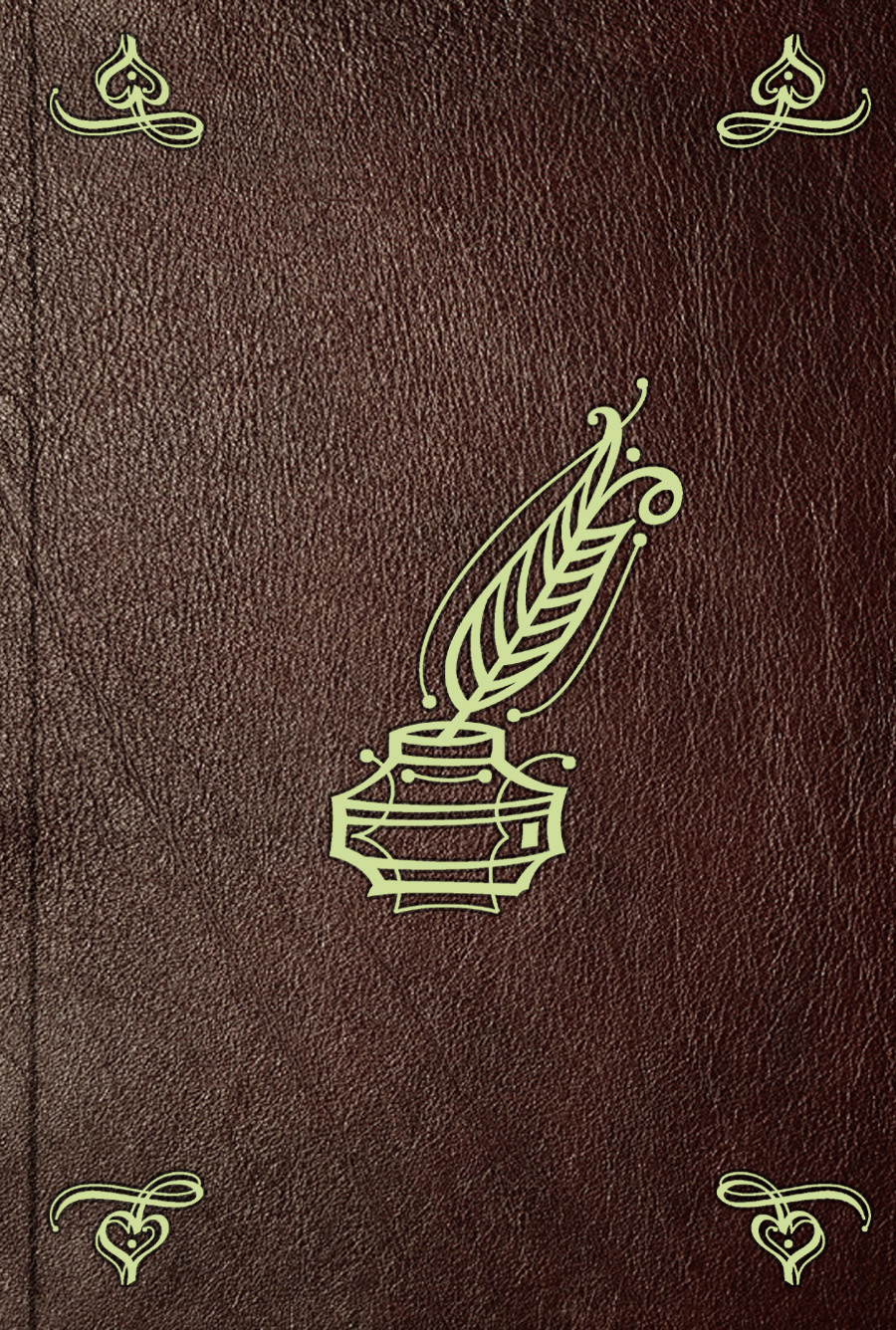Электронная книга: Vincenzo Monti «Poesie. T. 1»

|
Полный вариант заголовка: «Poesie di Vincenzo Monti ferrarese. Tomo 1». Издательство: "Библиотечный фонд" (1800)
электронная книга Скачать бесплатно на Litres |
Другие книги автора:
| Книга | Описание | Год | Цена | Тип книги |
|---|---|---|---|---|
| Poesie. T. 2 | Полный вариант заголовка: «Poesie di Vincenzo Monti ferrarese. Tomo 2» — Библиотечный фонд, электронная книга Подробнее... | электронная книга |
Vincenzo Monti
Vincenzo Monti (
Biography
Monti was born at Alfonsine,
In 1775 he was admitted to membership of the Arcadia Academy and the next year his first book was published: "La visione di Ezechiello" ("Ezechiello's vision"). In 1778 Monti moves to
In 1797 he leaves Rome and, after visiting
While in Paris, Monti devotes more and more of his time to translations from French and Latin, which today are considered to be his best works: he publishes "La Pucelle d'Orleans" by
After the fall of Napoleon in 1815, Monti tries to win back the Austrian regime with his last poems "Il mistico omaggio" and "Il ritorno di Astrea", before committing to the development of Italian linguistics during his last years.
Criticism
Many authors have given different opinions about the poet's value. Two factors are generally agreed upon, but they are given different weight yielding a more or less favourable judgement: the lack of ideals and authenticity, and the superior technical skills.
In the fast-changing political scenario of his time, Monti appears not to live up to his ideals: he is blamed from the political point of view for being first an opposer to the
In a time of strong political ideals such as the "Risorgimento" and strong interior passions such as the
Works
* 1776 - "La visione di Ezechiello"
* 1779 - "Prosopopea di Pericle" (ode) and "Saggio di poesie"
* 1781 - "La bellezza dell'universo" (short poem)
* 1782 - "Sciolti a Sigismondo Chigi" and "Pensieri d'amore"
* 1783 - "Versi"
* 1784 - "Al signor di Montgolfier" (ode)
* 1787 - "Aristodemo" (tragedy)
* 1788 - "Galeotto Manfredi"
* 1793 - "Bassvilliana"/"In morte di Ugo di Bassville" (left unfinished)
* 1797 - "La Musogonia" and "Prometeo"
* 1800 - "Poesie", "Dopo la battaglia di Marengo", and translation of
* 1802 - "Mascheroniana"/"In morte di Lorenzo Mascheroni" (poem) and "Caio Gracco" (tragedy)
* 1803 - translation: "Satire" (Persio)
* 1805 - "Alla maestà di Napoleone"
* 1806 - "Il bardo della Selva Nera"
* 1810 - translation: "Iliade" (
* 1815 - "Il mistico omaggio"
* 1816 - "Il ritorno di Astrea"
* 1825 - "Sulla mitologia"
* 1817-1826 - "Proposta di alcune correzioni ed aggiunte al Vocabolario della Crusca"
Источник: Vincenzo Monti
См. также в других словарях:
Poesie — Poesie … Deutsch Wörterbuch
POÉSIE — La poésie est d’autant plus difficile à définir qu’elle recouvre une pratique très diversifiée, plus qu’un genre particulier. Mais, tout autant que sa diversité, frappe son universalité, qui invite à chercher, par delà ses multiples variantes… … Encyclopédie Universelle
Poesie — Poésie Manuscrit du poème Les Assis d’Arthur Rimbaud La poésie est un genre littéraire très ancien aux formes variées, écrites aussi bien en vers qu’en prose et dans lequel l’importance dominante est accordée à la « forme », c’est à… … Wikipédia en Français
Poèsie — Poésie Manuscrit du poème Les Assis d’Arthur Rimbaud La poésie est un genre littéraire très ancien aux formes variées, écrites aussi bien en vers qu’en prose et dans lequel l’importance dominante est accordée à la « forme », c’est à… … Wikipédia en Français
Poësie — Poésie Manuscrit du poème Les Assis d’Arthur Rimbaud La poésie est un genre littéraire très ancien aux formes variées, écrites aussi bien en vers qu’en prose et dans lequel l’importance dominante est accordée à la « forme », c’est à… … Wikipédia en Français
poesie — Poesie. s. f. L art de bien raconter ou representer en vers les actions & les passions humaines sous des fictions ingenieuses. La Poësie est appellée le langage des Dieux. la grandeur, la beauté, la noblesse de la Poesie. les charmes de la Poesie … Dictionnaire de l'Académie française
